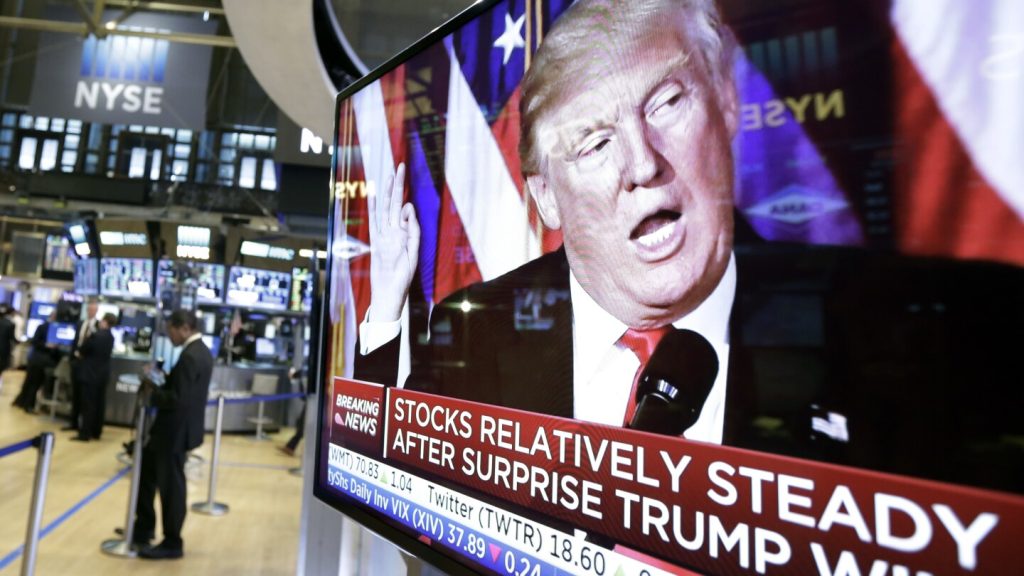As the U.S. presidential election approaches, warnings are being issued about potential impacts on retirement savings, including 401(k) accounts. However, for those with investments in funds that track broad indexes like the S&P 500, the noise and uncertainty may not significantly affect their portfolios. Historically, stocks tend to become more volatile in the months leading up to Election Day as financial markets dislike uncertainty. But after the election results are known, regardless of the winning party, the markets tend to stabilize, as the uncertainty dissipates.
According to a review by strategist Monica Guerra at Morgan Stanley, market performance over the long term is more closely correlated with the business cycle than political party control. The current state of the U.S. economy is a topic of debate, as it has been growing since the 2020 recession caused by the COVID-19 pandemic. Some investors believe the expansion may be nearing its end, while others have a more optimistic outlook due to the Federal Reserve’s interest rate cuts to stimulate the economy. Politics can influence which industries and sectors perform the best, with certain sectors historically benefiting more under Democratic or Republican presidents.
In addition to the presidential race, control of Congress is also a crucial factor, as a gridlocked Washington with split control is likely to see less significant changes in fiscal or tax policy, regardless of who the president is. The candidates in the current election differ from historical norms in some ways, with former President Donald Trump advocating for tariffs that could potentially impact U.S. stocks. However, the likelihood of sustained and universal tariffs causing a significant market decline is relatively low, around 10%, according to economists and strategists at UBS Global Wealth Management.
It is important for investors to consider their risk tolerance and long-term investment goals when assessing the potential impact of the election on their portfolios. While short-term market volatility may occur in the lead-up to Election Day, history has shown that markets tend to stabilize after the results are known. Financial advisors recommend staying focused on the bigger picture of long-term investment strategies rather than making drastic changes based on short-term political events. Overall, maintaining a diversified portfolio and staying informed about market trends can help investors navigate through periods of uncertainty and market fluctuations associated with elections.


